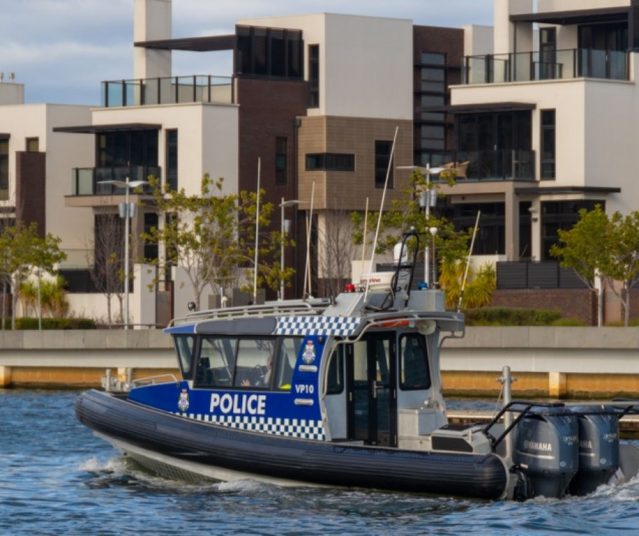
The conditions and movement on the water can increase the affect that alcohol has on your judgment and coordination. If you are out on the water these holidays and enjoying a few drinks, here are few things to keep in mind, especially if you are the driver, skipper or being towed by a boat.
For recreational vessels, the alcohol limits are:
The Driver
If operating a vessel in any waters, it is an offence to exceed the alcohol limits, Marine Safety Act 1998 (NSW). This includes anyone controlling or steering the course or direction of the vessel. If the person driving the vessel is under the age of 16, the supervisor must also be under the limit.
The Skipper
The skipper (i.e. master of the vessel) has the responsibility to prevent anyone they believe to be under the influence of alcohol (or drugs) from operating the vessel. Failing to do so is an offence.
Water skiing, aquaplaning and para-flying
If you are on a water ski, aquaplane, para-flying or being towed by a vessel on any device, it is also an offence to exceed the alcohol limits. The same applies for the designated observer of a person being towed.
Marine Police can conduct RBTs if you are the driver, supervisor, being towed or the observer.
If you are found to be in excess of the limit, police may immediately suspend your boat driving licence and/or issue you with a court attendance notice.
The penalty imposed will depend on how much alcohol is detected. Offences of this nature can result in a fine or imprisonment.
This article is information only and should not be substituted or construed as legal advice.
Photo by John Simmons